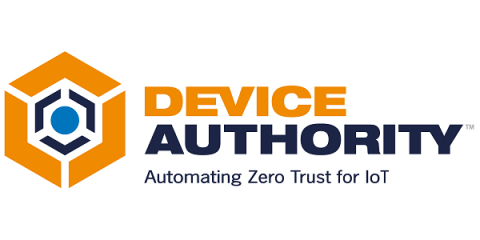Mastering Credential Management: Top Tips & Best Practices
Credential management means securely managing user credentials to control access to important systems and data. With growing cyber threats, it has become essential for protecting sensitive information and meeting compliance standards. In this article, we’ll explore what credential management is, why it matters, and the best practices and tools to enhance your security.


